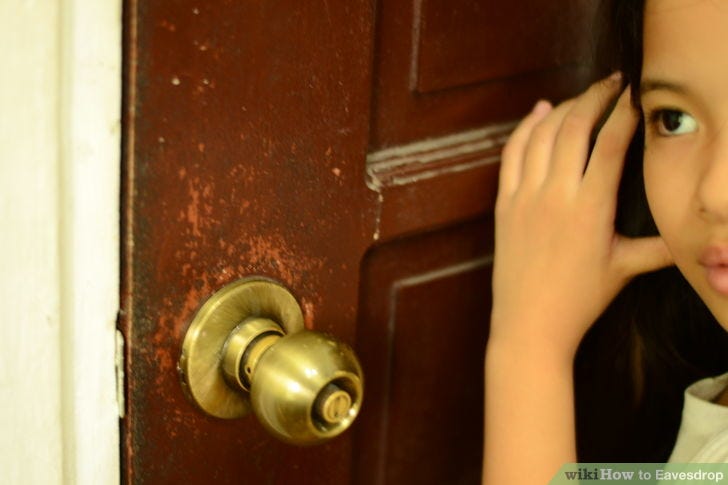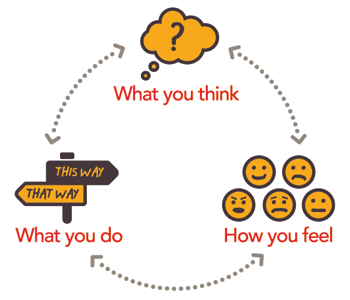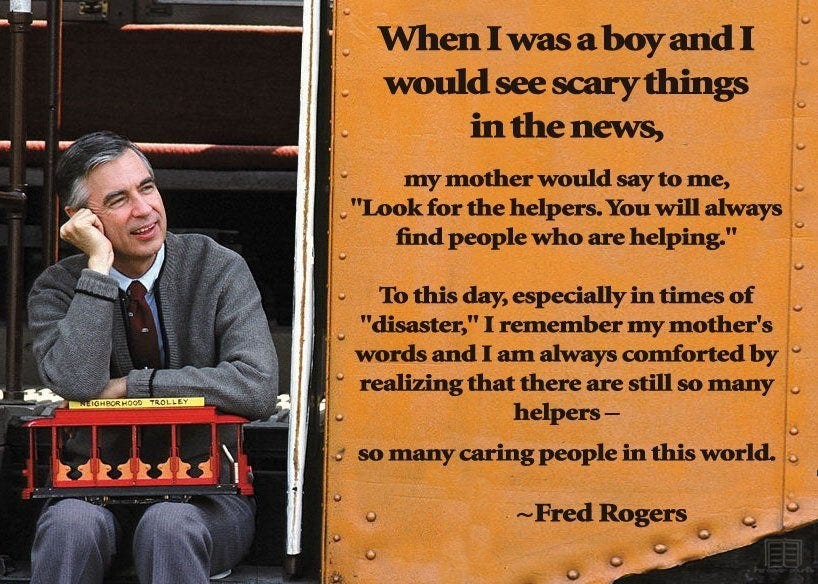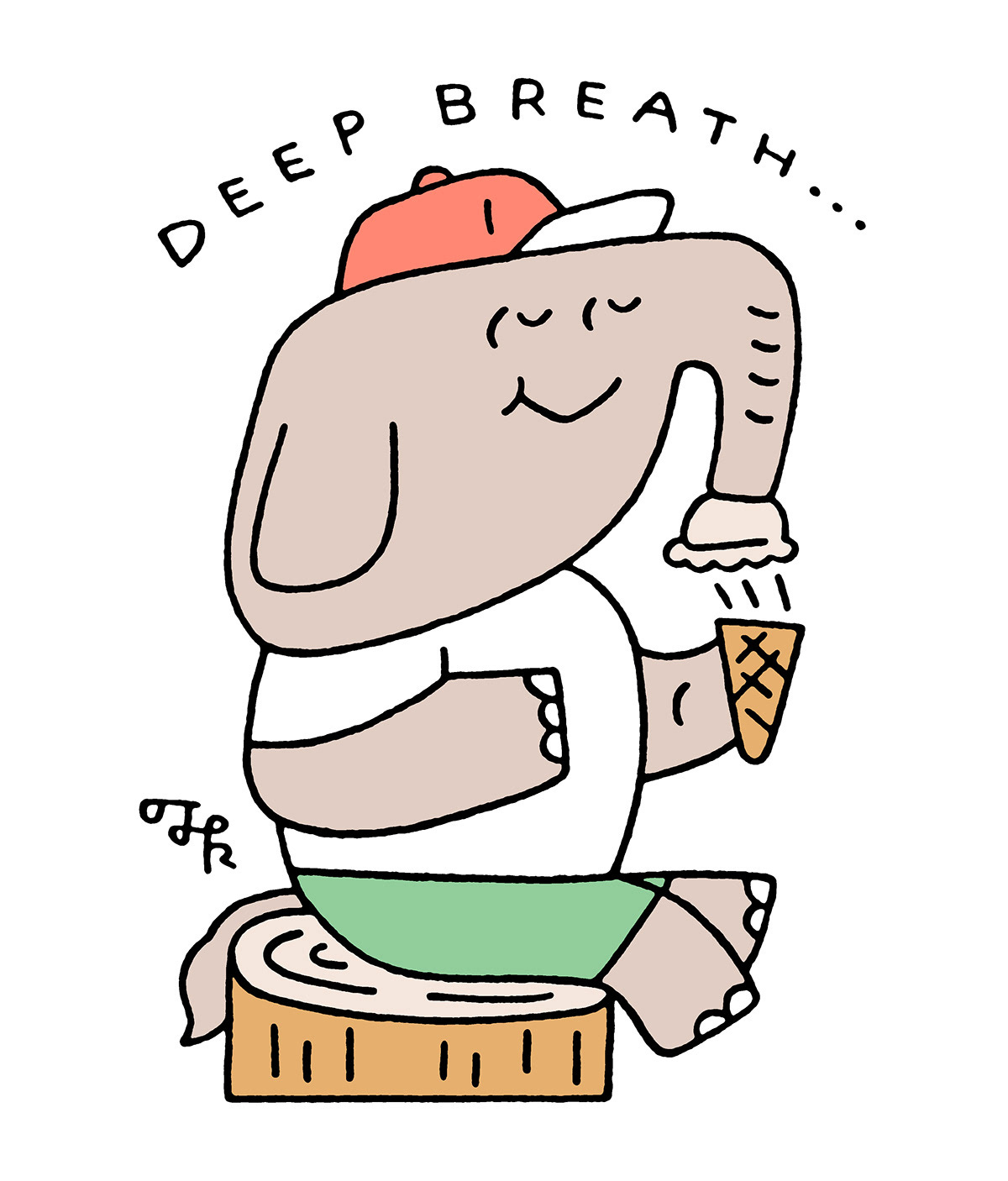If you’re a parent or educator, it’s likely you’ve talked to kids about death (“is that spider sleeping?”), politics (“what’s a birther?”) and in my case, menstruation (“mama, what’s a super tampon?!”).
But new, unexpected topics bring anxiety, and anxiety often makes us either avoid discussing things with kids altogether, or overwhelm them with unnecessary information. Here are some thoughts for how to approach the coming days with balance.
Assume they are listening. CHILDREN. ARE. ALWAYS. LISTENING. Even nonverbal children pick-up on the tone of what we say, and chances are that in crisis, we are having a lot of adult conversations around children in stressful tones. My rule is, don’t talk about something in front of a child that you aren’t prepared to talk about with that child. Wait till children are out of earshot to discuss death tolls and event cancellations, and even if you’re being cryptic, remember that kids listen to the emotional content of what you’re saying too.

Tell them the truth, but only the parts of the truth that they need. We don’t have to tell them that everything will be fine and there’s nothing to worry about, especially when our nonverbal messages are telling them otherwise. We can be just as comforting by making true statements like “the adults in your life are doing things to protect you.” Preschool-aged children, for example, can be told that there is a bad kind of cough going around that people don’t want to get, and that we’re all working extra hard to keep our germs from spreading. Older kids may want to talk specifically about the term “coronavirus” (because, see above, they totally know about it). Whatever you say, try to be honest and to give just as much information as they seem to be asking for, not more.
Model coping with anxiety. While we don’t want to make our tough feelings the responsibility of children, this is a good opportunity to do some “emo-talks” with kids about what we’re feeling and the thoughts, physical sensations, and behaviors that go along with them. These are the basic foundations of Cognitive Behavioral Therapy (CBT) and you don’t need to be a psychologist to introduce them. Kids pick up on our stress and sometimes bear the brunt of it (I have definitely lost my temper at a child because of my own stuff). It’s okay to tell them “Yes, I am a little stressed about all of the changes that are happening. I can feel the stress in my chest, like a knot. When I’m stressed I think unhelpful thoughts like ‘something bad is going to happen’ and do unhelpful things like raise my voice at you. But then I remember my helpful thoughts, like ‘we are all in this together’ and I can do helpful things like take some deep breaths.” Here’s more about how to do this in the classroom.

Invite their questions. It can be awkward, but in times like these we owe it to kids not to brush over the details by saying “don’t worry about it” and instead to ask them what questions they have, as they likely have all sorts of real and imagined ideas going through their heads. Little kids might want to know if you can get a virus by sitting next to someone, high school students may want to discuss the mortality rates and compare them to other causes of death to understand how unlikely it is for them or someone they love to die. Answer their questions - no matter how silly or scary they are, with the amount of true information that seems appropriate for their development. In classrooms, you can even do a K-W-L chart with students about the virus and help them sort through their collective questions and gather real answers.
Teach them to look for the helpers. Fred Rogers’s September, 2001 episode, where he famously told children to “look for the helpers” in times of crisis, remains one of the best ways to engage with kids and introduce hopeful thoughts without being disingenuous. Talk about all of the doctors and nurses who are working hard to treat people, the people making new tests, and even the ways that people in your classroom, school, or community are being kind, flexible, and generous to one another.

Give them something to do. Kids love a project, and worry and helplessness need a home. You can have your students make thank-you cards to doctors in their area hospitals, design a talk about the virus for younger students, or put posters up around the neighborhood reminding people to wash their hands, be kind to one another, and not panic. Your kids can take some of their savings and donate to some of the organizations that are doing great work right now (this links up to looking for the helpers too).
Stick to your routines. In times of uncertainty and change, kids need structure and familiarity even more than usual. Keep up your everyday rhythms and search for clever ways to substitute when regular activities are cancelled. For example, if gymnastics isn’t meeting, go tumble around at a playground. If the principal cancels the assembly, hold a class meeting on a similar topic. Let kids know that there are still people, times, and spaces they can rely on.
Also, abandon your routines. Yeah I know what I just said, but when the plan no longer seems feasible or supportive, toss it. Make a test open book or a group effort. Watch a movie and eat ice cream instead of doing homework one night. Give kids what we refer to in my family as “extra love” and don’t cling to goals that no longer make sense.
Take care of yourself. This one can seem corny, but it’s really where good care-taking starts. Try to keep up your self-care practices, and modify if needed (if you’re too sick or paranoid to go the gym, do a quick yoga video at home). Don’t forget the little things. Challenge yourself to take a single breath before you walk in the classroom, get out of bed, or answer that question about the Grand Princess cruise ship.

Feeling out of control is hard, and if you look at the news today, that’s exactly how you’re going to feel. But we do have control over how we guide children through this tricky time. Keep calm, keep connected, and keep it real :)





I have read so many things about how to talk to kids about Covid. This is one of the best. Real and down-to-earth and succinct. You Go.
Thank you so much Sarah. So simple and so important. I want every parent I know to read this article.